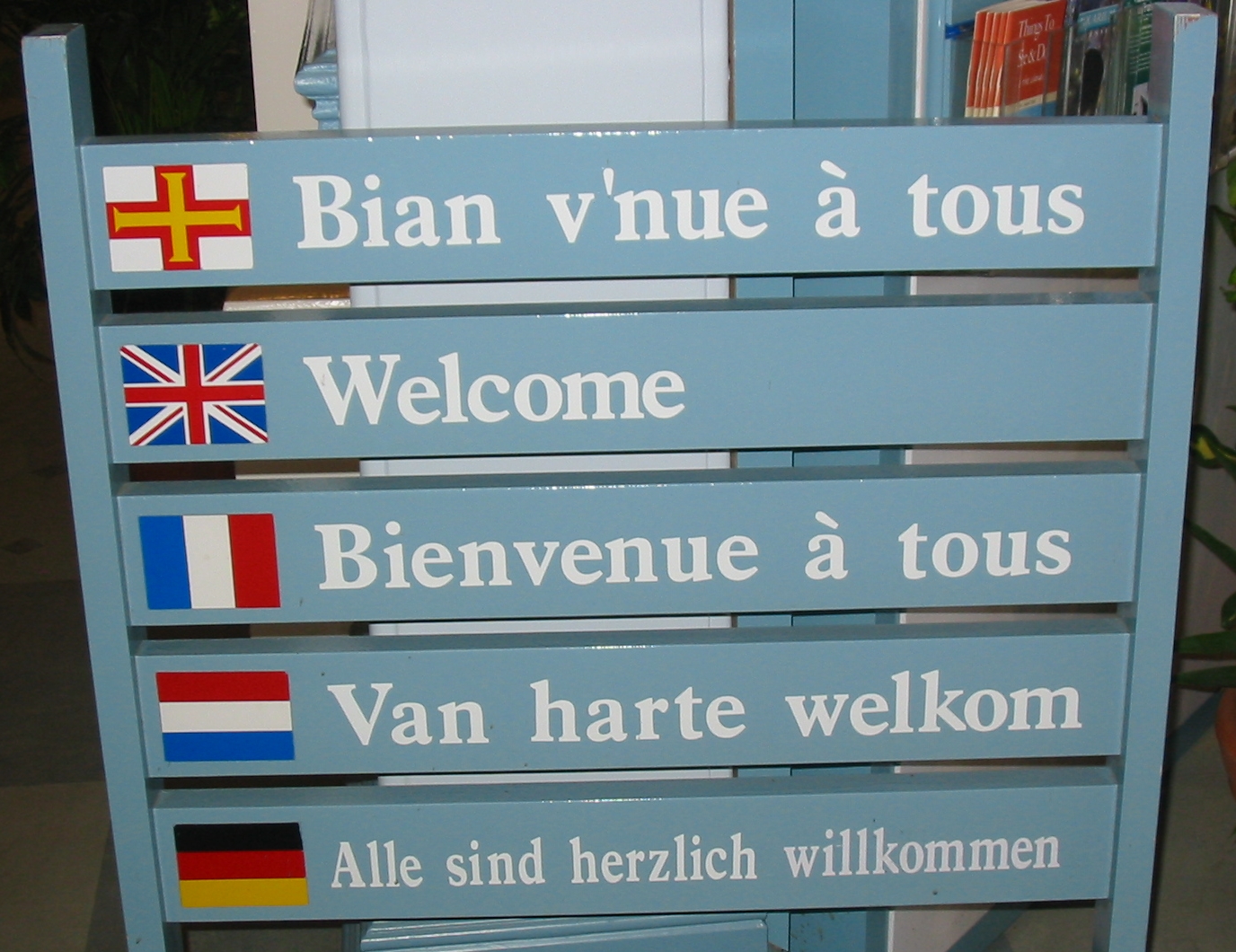There are many advantages to linguistic diversity, but there are also some conditions to consider.
Is linguistic variety always an opportunity?

An article published on March 31, 2021 under this title in the newspaper Le Temps caught my attention.
Signed by two professors (Christelle Dumas and Thierry Madiès) and a post-doctoral student (Brice Nkoumou Ngoa) from the University of Fribourg, the article explains that in industrialized countries “mastering several languages would generally be favorable to economic growth and would allow individuals to benefit from higher incomes”.
According to some estimates, Switzerland’s GDP (Gross Domestic Product) would be 10% higher because of its multilingualism, while Great Britain would lose 3.5% of its GDP because its inhabitants speak few or no foreign languages.
Lower communication costs and increased mutual trust between economic partners would explain this, according to the authors of the article. “Multilingualism would also make countries more attractive to foreign investors”.
I personally love languages and have fond memories of the years I spent teaching French as a foreign language at the Lemania School (1976-1997). I have always considered that mastering a foreign language is the best way to understand another culture, to discover its richness and to exchange with those who live it from the inside.
During my travels in various countries, I have often noticed that the contact with the inhabitants is quite different if you speak their language, and especially when it is rarely learned by foreigners, like modern Greek for example.
While I was well aware that language skills are very important in a CV and that they have a significant impact on salaries, I had never suspected that they could have such an impact on a macro level. So, this article was an eye-opener for me.
I am therefore more and more convinced of the usefulness of acquiring languages other than one’s mother tongue and can only encourage everyone to start learning a foreign language.
But why does the title of this article have a question mark?
The multitude of languages spoken in Africa, infinitely greater than in Switzerland, is a source of cultural richness for the populations, but it also creates difficulties of coordination and communication and “refers to ethnic fragmentation, a factor of conflicts and division”. A trade-off between cultural wealth and economic efficiency therefore seems necessary. Thus, the authors of the article advocate in conclusion the choice of official regional languages to reinforce exchanges.
Photo: Man vyi, Public domain, via Wikimedia Commons
Other posts

Discover the Story of Mina, the AI of Lemania

Climate Change: Why We Shouldn’t Be Discouraged Despite Trump’s Return to Power

We are not condemned to choose between happiness and ecology

When the vocational training is just a first step

Writing by hand helps you remember, or the proper use of tablets

Ovomaltine, Rolex, Nescafé, Swatch or Nagra. What do they all have in common?
